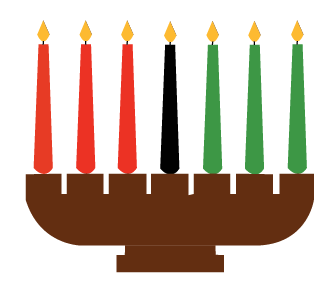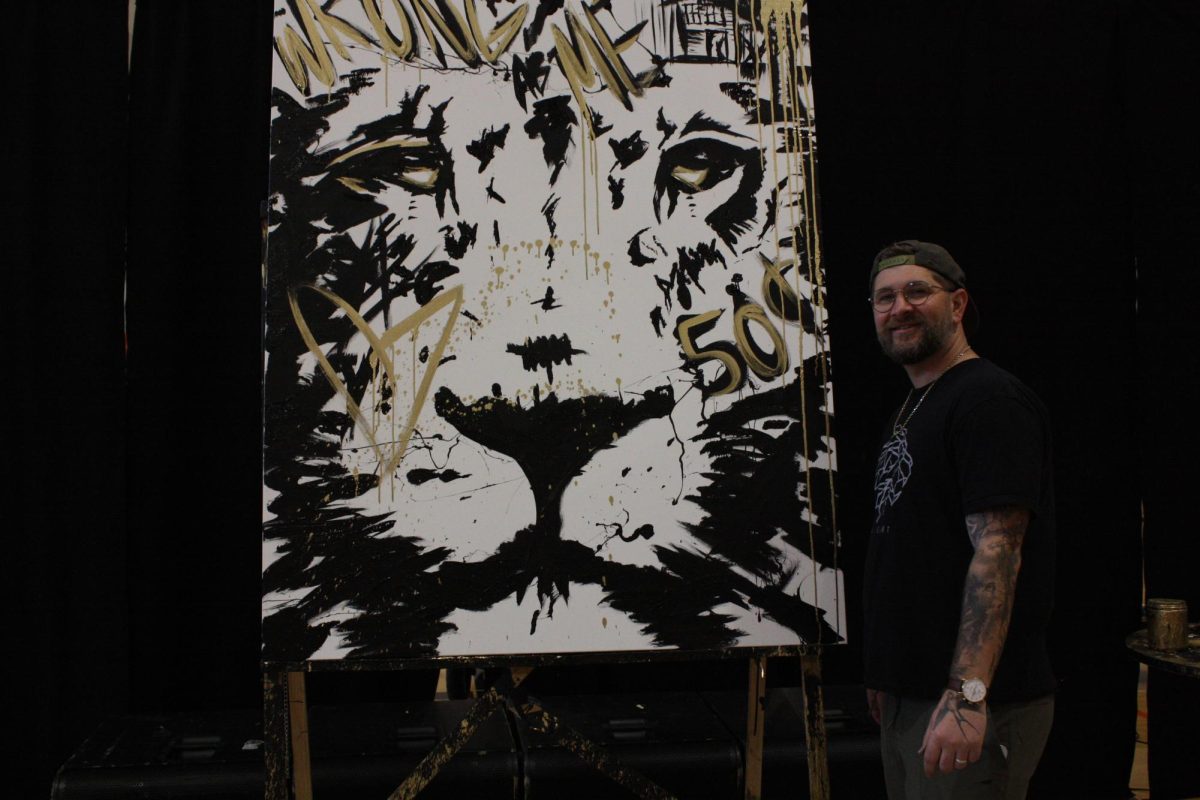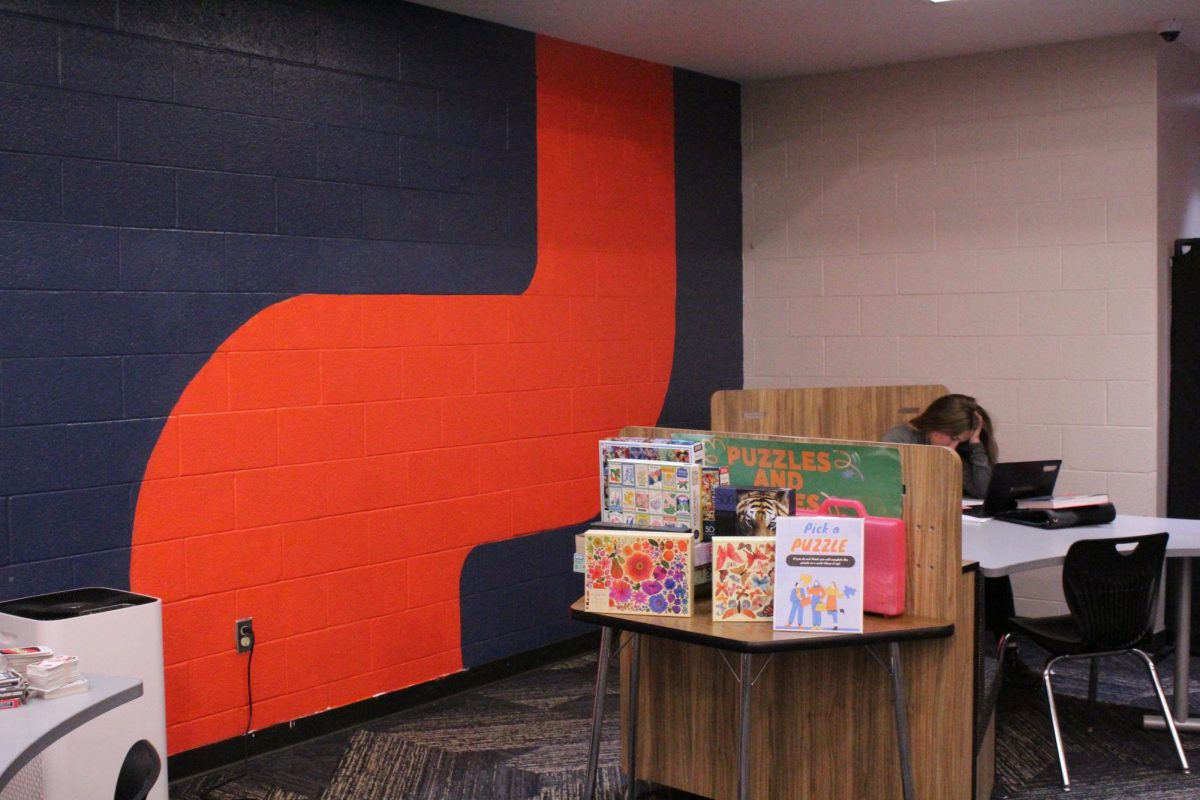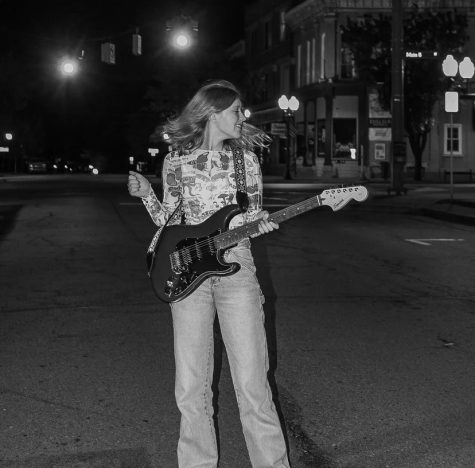In America, the focus when it comes to winter holidays is usually on Christmas because of its Christian roots and focus on gift-giving. However, there are many other winter holidays celebrated within different cultures and countries around the world.
Hanukkah

Hanukkah is a Jewish holiday that lasts for eight nights. It is celebrated throughout the world but originated in Israel.
The origin of Hanukkah is in their religious texts which describe a small group of fighters that liberated Israel while it was occupied by the Greeks. This fight prevented them from celebrating the holiday of Sukkot at the proper time and they instead chose to celebrate after they were able to take back the temple.
Those who celebrate Hanukkah recite blessings and light a candle to represent each night and eat potato pancakes and jelly donuts.
Kwanzaa
Kwanzaa is a holiday celebrated by black people in America, Canada and the Caribbean. It isn’t a religious holiday and instead focuses on African-American culture.

The name “Kwanzaa ‘’ comes from the phrase “matunda ya kwanza,” meaning “first fruits” in Swahili and the celebration includes eating a large feast called the Karamu. People also tell stories, read poetry, dance and light one candle for each of the seven nights and discuss one of the seven principles called the Nguzo Saba.
These Nguzo Saba principles include unity, self-determination, responsibility, cooperative economics, purpose, creativity and faith.
Diwali Festival of Lights

The Diwali Festival of lights is a celebration of good over evil that originated from Hindu texts but is used as a celebration of events in other religions and has come to be celebrated by the majority of people in India.
Diwali occurs for five days in the fall and families celebrate by lighting off fireworks and feasting among friends and family. Candles are lit and offerings are made so that Sri Maha Lakshimi, the goddess of wealth and abundance, can visit peoples households.
Chinese New Year

The Chinese New Year is determined by the lunar calendar. Celebration begins even before New Year’s Day with the cleaning of houses that is meant to bring a fresh start to the New Year.
On New Year’s Day, families will celebrate with each other by sharing a dinner in their home. These dinners often reunite family members that are apart for the rest of the year.
Markets are set up around the Chinese New Year to sell items like lanterns that relate to New Year celebrations. Fireworks are set off right after midnight on New Year’s Eve and red envelopes full of money are given to children to ward off evil spirits.







